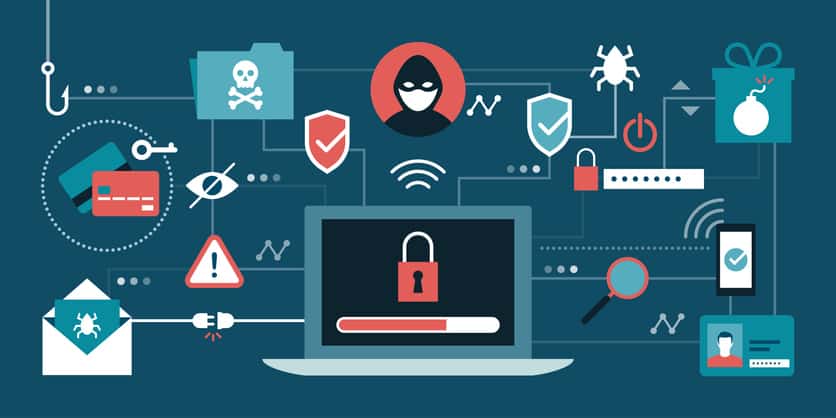If you’re an Apple user in the UK, brace yourself—your data might not be as secure as you think. According to a revelation in the House of Lords on March 31, UK-based Apple users are “at the most risk in the world” of being hacked. Why? Because the UK government has reportedly ordered Apple to create a backdoor into its encrypted data.
What’s Going On?
Liberal peer Paul Strasburger called out the government for issuing a secret notice—known as a Technical Capability Notice (TCN)—against Apple. This order forces Apple to allow law enforcement and intelligence agencies access to encrypted iCloud data, including data protected by Apple’s Advanced Data Protection (ADP) service.
This order first surfaced in a Wall Street Journal report, and its existence was essentially confirmed when Apple suddenly withdrew its ADP service from UK users back in February. Apple continues to offer the service worldwide—just not in the UK. That alone raises eyebrows, suggesting the company had no choice but to comply with a government demand it found unacceptable.
The Privacy Backlash
During the House of Lords debate, Strasburger accused the government of showing “disdain for the privacy and digital security of British citizens and companies.” Any weakening of encryption for law enforcement also opens the door for criminals and foreign hackers.
“Strong encryption is essential to protect our data and commerce from attacks by organized crime and rogue states,” he said. “Any weakness inserted into encryption for the authorities is also available to those who would do us harm.”
Non-affiliated peer Claire Fox agreed, stating that it’s impossible to create a backdoor that only lets in the “good guys.” Once encryption is weakened, it becomes a free-for-all for hackers, criminals, and even foreign adversaries.
Apple in Court
Apple is taking legal action, challenging the government’s order in the Investigatory Powers Tribunal (IPT). The problem? The hearing took place behind closed doors on March 14. That secrecy isn’t sitting well with civil society groups like Privacy International and Liberty, who have filed legal interventions demanding more transparency.
Adding to the pressure, ten major media organizations—including the BBC, The Guardian, and Financial Times—have also called for the case to be heard in open court, citing public interest.
Government’s Response To Apple
When pressed for answers, Home Office Minister David Hanson dodged most questions, repeatedly citing “national security” as the reason he couldn’t confirm or deny the existence of any such order.
He did, however, claim that the Investigatory Powers Act includes “robust safeguards” to protect privacy while allowing authorities to tackle security threats. If the UK government follows through with its demands, it could be setting itself up for a major legal battle on the global stage.
Stay tuned for our next blog post, where we will discuss everything from the latest IT news to Cyber Security articles like this one. Thanks for reading!

